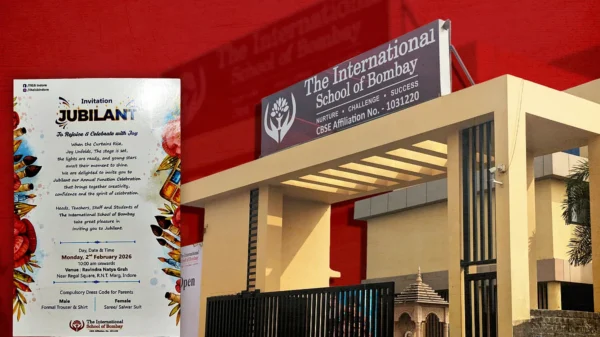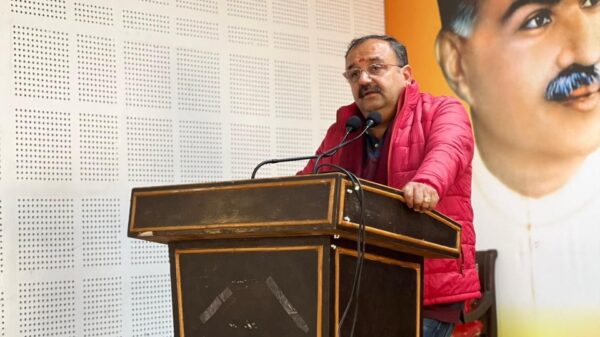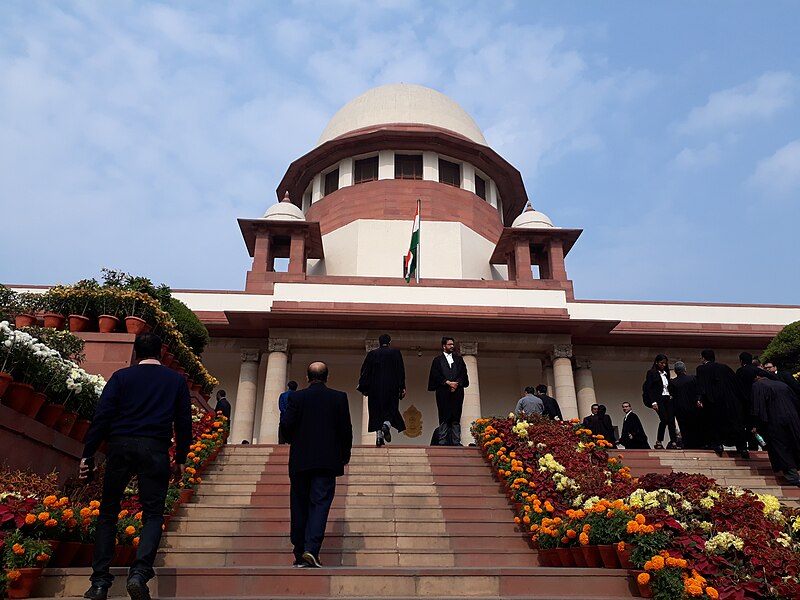The Supreme Court on Tuesday ruled that a gift, or hiba, made under Mohammedan Law does not need to be in writing to be valid. The court clarified that an oral gift is legally complete and irrevocable if it fulfils three essential conditions — a clear intention by the donor to give, acceptance by the recipient, and transfer of possession of the property, either physically or symbolically.
A bench of Justices Ahsanuddin Amanullah and S. V. N. Bhatti said, “A gift under Mohammedan Law does not require a written document to be valid. The mere fact that a gift is reduced to writing does not change its nature or character. A written document recording the gift does not become a formal instrument of gift.”
The judges stressed that the delivery of possession is a crucial requirement for a valid gift. “It can be actual or constructive. Constructive possession can be shown through clear acts of transfer by the donor, such as applying for the mutation of the donee’s name in revenue records,” the bench noted.
The court also explained that proof of possession — such as collecting rent, holding title, or changes in official records, is necessary to establish that the gift was genuine. “While Mohammedan Law allows for oral gifts, the courts will look for continuous and credible evidence showing that control over the property was indeed transferred. If there is no evidence of possession, such as continued control by the donor or no mutation of records, the gift will not be considered valid, even if a written declaration exists,” the bench said.
The ruling came in a case concerning a dispute over agricultural land in Kusnoor village in Karnataka’s Gulbarga district, which had been transferred through an oral hiba.
































































